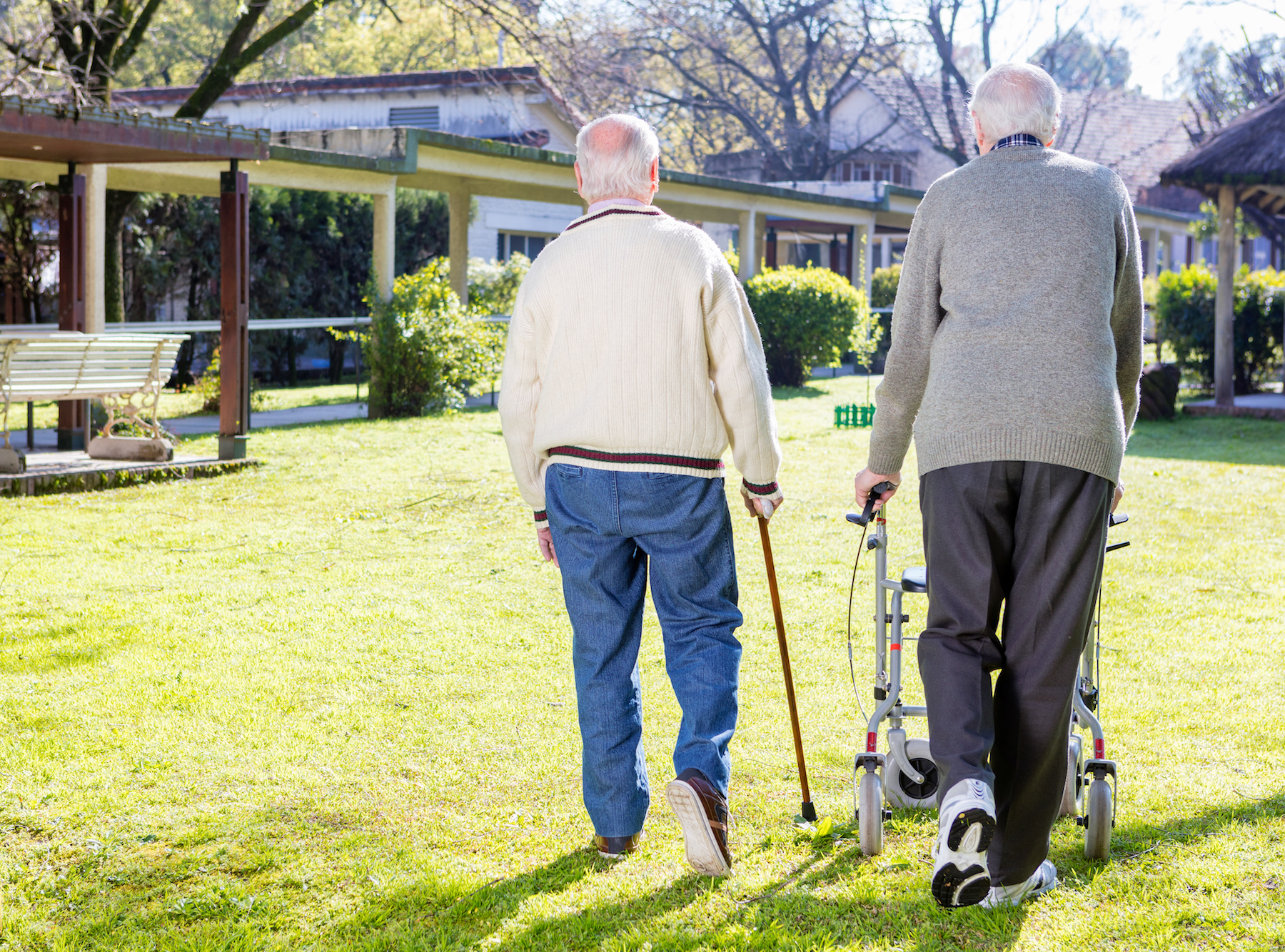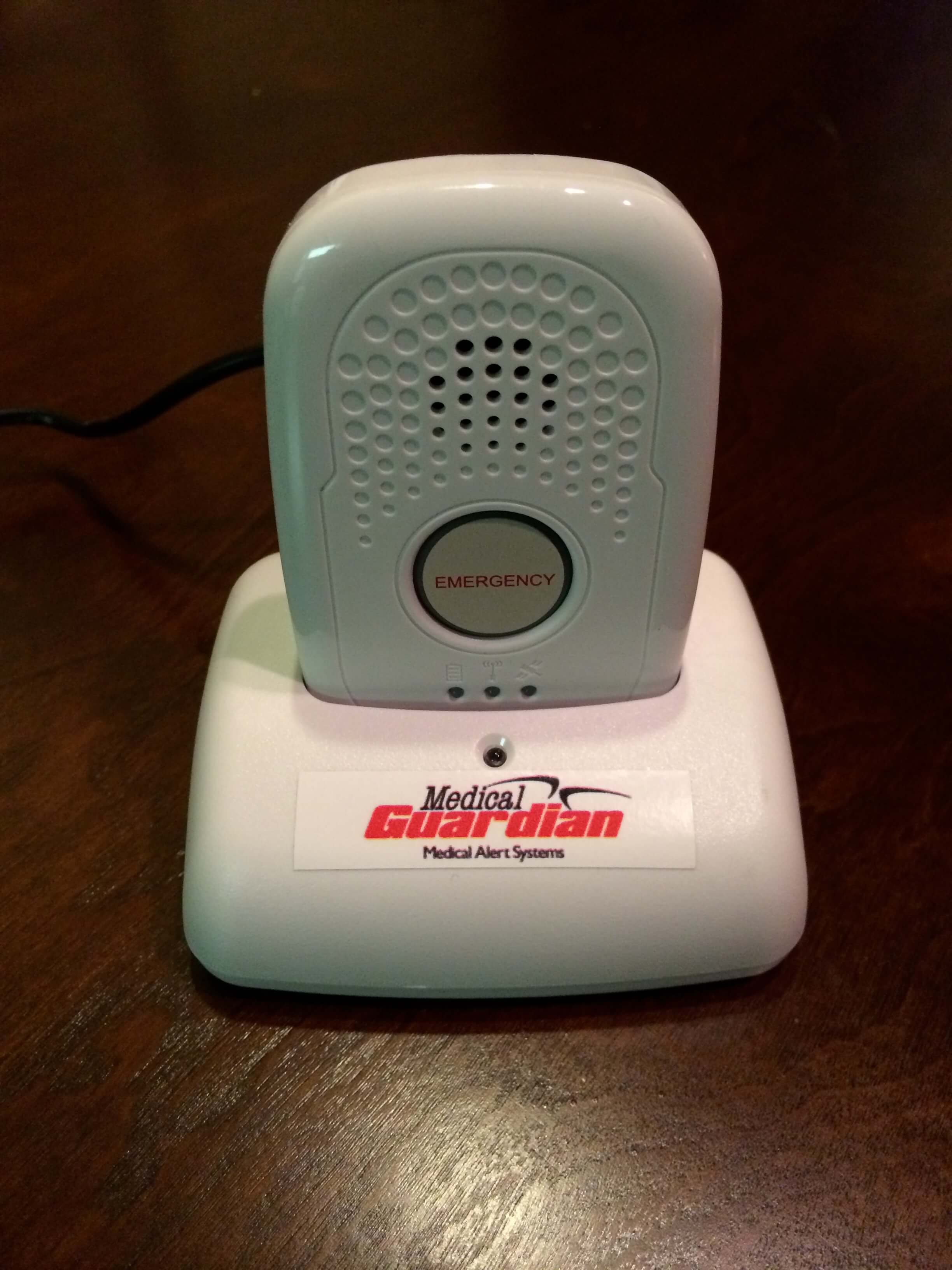Winter Safety Tips for Seniors
The cold winter months bring challenges for everyone, and particularly for senior citizens. When the temperature plummets, older adults face a higher risk of health issues and weather-related injuries, including frostbite, hypothermia, and falls. Some common-sense precautions can help keep seniors safe during the months of ice, snow, and freezing temperatures.
Common Winter Injuries among Older Adults and How to Avoid Them
Hypothermia
According to the Centers for Disease Control and Prevention (CDC), advanced age is a risk factor for hypothermia – a condition in which body temperature drops to dangerous levels. Symptoms and warnings signs of hypothermia include:
- Weakness
- Loss of coordination
- Lethargy
- Confusion
- Reduced heart rate or respiratory rate
- Uncontrollable shivering
CDC reports that a large percentage of hypothermia-related deaths occur among older people. Nevertheless, hypothermia is completely preventable if you:
- Dress for warmth in a winter coat, hat, gloves or mittens, boots, and a scarf to cover your nose and mouth.
- Don’t stay outside too long in freezing temperatures.
- Stay dry – wet clothing chills the body quickly.
- Keep indoor temperatures at 65 degrees or higher.
Frostbite
People with circulatory problems or heart disease have a higher risk of frostbite. This injury can be prevented by keeping every part of the body well covered while outdoors in lower temperatures.
Frostbite is more likely to occur in the extremities – the areas located farthest from the heart. It commonly occurs in the fingers, toes, ears, nose, cheeks, and chin.
When the skin turns red or begins to hurt, it is time to go back indoors where it’s warm. If frostbite occurs, run the affected body part under warm water and get medical attention immediately.
Warning signs of frostbite include:
- Numbness
- White, ashy, or grayish-yellow skin
- Skin that feels hard or waxy
Snow Shoveling Injuries
Shoveling snow is one of the evils of wintertime. It has to be done, but older people who shovel snow need to take some precautions to prevent injuries.
The heart works harder to keep the body warm in colder temperatures. Snow shoveling is strenuous. It can put too much strain on the heart for seniors with heart disease. It can also be dangerous for older people with balance problems or osteoporosis. Check with your doctor to find out if shoveling snow is safe for you.
Falls
Senior citizens have a higher risk of falling under the best conditions. That risk increases when snow and ice is on the ground. To help prevent slipping and falling on slick, icy walkways in the wintertime:
- Make sure walkways and steps are clear before walking, including wet walkways that could be iced over.
- Wear boots with non-skid soles to help prevent slipping.
- Keep the snow cleared away and the walkways salted, even if it means hiring someone to do it for you.
- If you use a cane, replace the rubber tip when it becomes worn for better traction.
Carbon Monoxide Poisoning
Winter is the time to use the fireplace and heat the home with natural gas and other fuels. These appliances need to be properly cleaned, vented, and used to prevent carbon monoxide leakage.
Carbon monoxide is a deadly gas with no smell. If you suspect you have carbon monoxide poisoning, get fresh air and immediate medical attention. Warning signs include:
- Headache
- Dizziness
- Nausea or vomiting
- Confusion
- Weakness
- Blurred vision
- Loss of consciousness
Medical Alert Systems with GPS for Winter Safety
When older people are injured in the wintertime, the sooner they get medical attention, the better. Medical alert systems with GPS allow seniors to get help on the way with the push of a button on a medical alert pendant or bracelet.
GPS tracking allows the operator to pinpoint your location and send the assistance you need, whether you are indoors or out when the injury occurs. See our medical alert reviews for information about medical alert systems with GPS.




